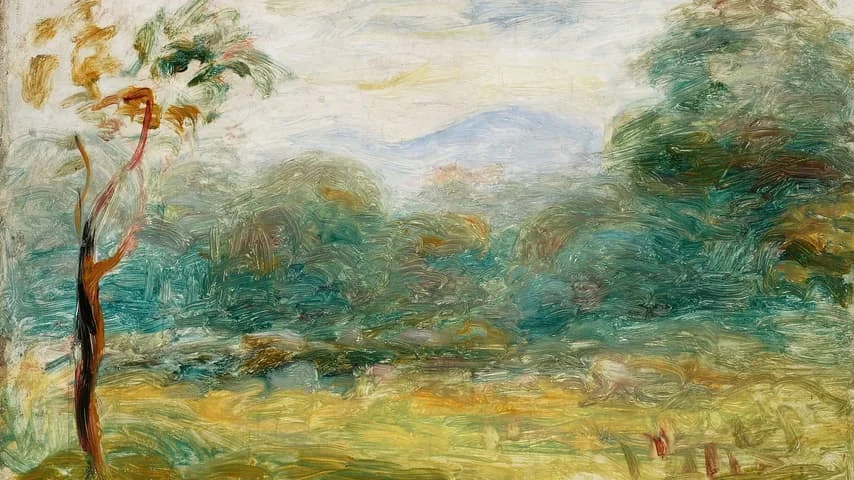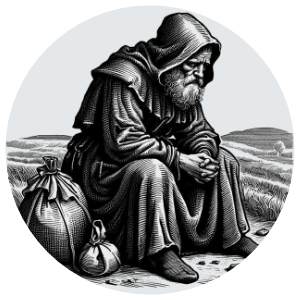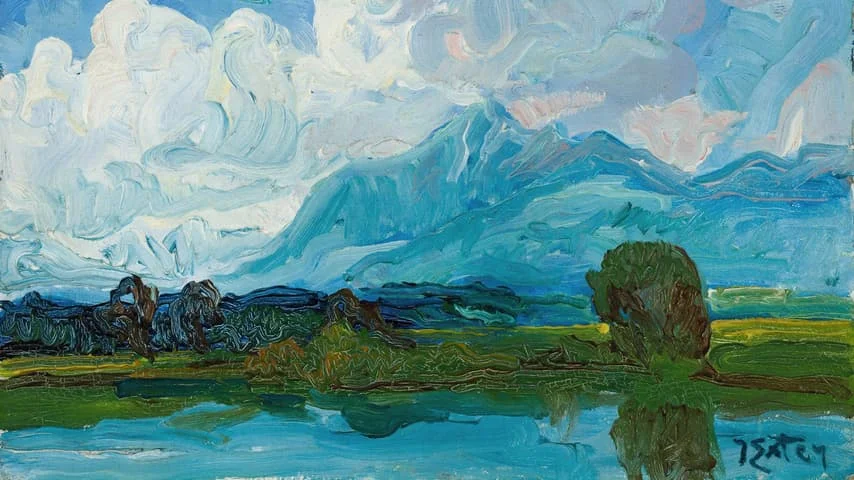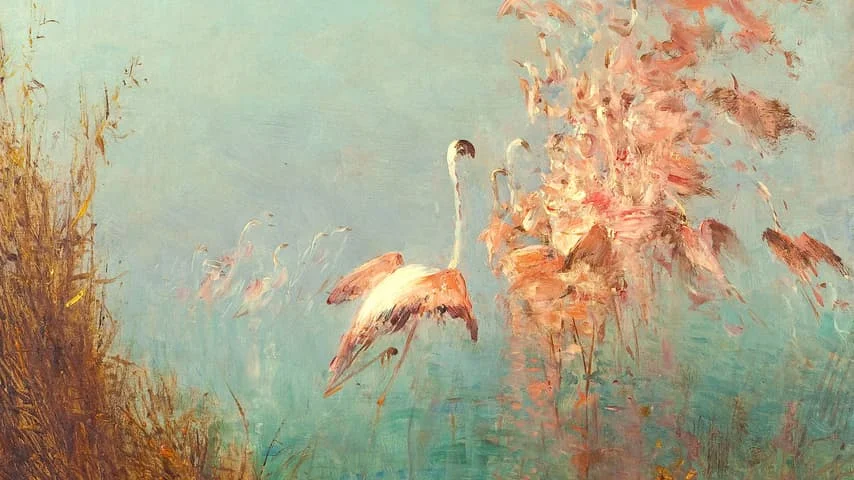Welcome, dear readers. Glad you stopped by.
I mentioned last time that I’ve been meditating on Psalm 31, especially verses seven and eight. It’s a rich psalm, one that Jesus prayed from the cross, and it continues to meet me with gentle grace in a confusing season.
Let’s begin to explore it together.
“I will be glad and rejoice in your love, for you saw my affliction and knew the anguish of my soul.”
— Psalm 31:7 NIV
The psalmist is in a tough spot. We don’t know the specifics, but we hear about affliction, anguish, and enemies — a formidable trio of problems, one with which many of us are all too familiar. One of the most painful aspects of suffering is how isolating it can be. We feel alone in our pain, cut off from others and even from God. And yet, the psalmist says something remarkable: in the midst of his affliction, he is seen and known. God isn’t remote or indifferent or too busy to notice — he sees his hurting people. This is who he is.
Earlier in the biblical story, God saw Hagar — a lowly, oppressed woman — in distress in the wilderness (Genesis 16). Later, he saw Israel’s suffering in Egypt (Exodus 3:7–8). Fast-forward to the New Testament, and God’s attentive vision becomes embodied in a human being — Jesus of Nazareth. During his earthly ministry, Jesus saw others in their pain — the widow of Nain (Luke 7:13), Mary weeping over the death of her brother Lazarus (John 11:33), a despised tax collector living on the margins (Luke 19:5).
But Jesus did more than see; he stepped into the pain. He became like us in every way, the writer of Hebrews says (2:17–18), meaning Jesus knows what it’s like to be afflicted. He has deep, personal experience with sorrow and disappointment and all the painful things we endure.
Why does that matter? Because it means he gets you. He gets what you’re going through. Maybe it’s the end of a cherished relationship. Maybe you received bad news from the doctor. Maybe the future feels uncertain. Do you feel alone, unseen, unknown? It might be hard to believe this at the moment, but Jesus sees you, he really sees you. He knows you, and he is present, walking with you through this season.
Take heart — you are seen and known, just as the psalmist was. God hasn’t turned away.
* * *
My God and my Father, you who saw Hagar in her distress, you who saw your suffering people in Egypt, you who saw your beloved Son in the darkness of the grave and raised him to new life, look on me with your favor and see me here in my pain; comfort me with your loving presence so that I might know that I’m not alone; through Jesus Christ my Lord. Amen.
A Poem

Bird Psalm
By Luci Shaw
Early light, before
sun, and I hear an unknown bird
singing his morning syllables —
pitiful, pitiful, pitiful — in a voice
too plaintive to be believed.
Birds speak their native language —
music with feathers. We pick up clues,
but translation depends on our
willingness to hear, and listen.
Maybe
I’ve let last night’s bad dream
misinterpret his message.
Maybe he’s telling me this new day is
beautiful, beautiful, beautiful.
— Luci Shaw, Eye of the Beholder: Poems (Brewster, MA: Paraclete Press, 2018).
Through My Lens

What I’m Reading

- Angle of Repose by Wallace Stegner. It won the Pulitzer in 1972.
- Becoming Wise: An Inquiry into the Mystery and Art of Living by Krista Tippett, the host of On Being.
- The Soul of Shame: Retelling the Stories We Believe About Ourselves by Curt Thompson
This has been another issue of The Weary Pilgrim. Thanks for reading!



